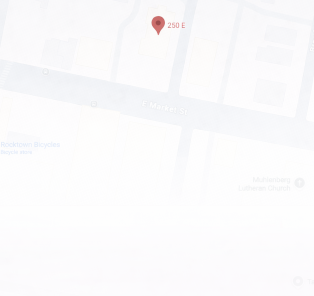What You Need to Know About Probate
You may have heard the term probate but you may not know what it means. When someone dies with a will, probate is the legal process in which their assets are distributed to beneficiaries and debts paid according to the decedent’s wishes. In the case the person dies without a will, then the probate court will follow state laws to dispense assets. If the will designates an executor, then it is the executor that initiates the probate process. Otherwise, an attorney usually starts the probate process.
The Probate Process
A probate court must officially validate the will and authorize the executor to proceed with the distribution of assets. Probate laws vary from state to state. Some states follow the rule of community property. Essentially, this means that when married, the surviving spouse inherits the bulk of the estate, mainly when there are no children. If there is no will, the court will decide upon the appropriate division of assets based on whether or not the person was married or if they had surviving children.
For a legal consultation with a personal injury lawyer, call (434) 817-3100
Is Probate Necessary?
There are two main criteria that determine the necessity of probate: The type of assets and the value of the assets.
Type of Assets
Non-probate assets are those that are not required to go through the probate process. Examples of those are:
- Insurance policies with benefits payable to the beneficiary upon the death of the policyholder
- Assets like real estate or bank accounts held jointly with right of survivorship
- Any assets held in a living trust
- Retirement accounts with a named beneficiary
- Securities, automobiles or boats covered by a transfer-on-death (TOD) form
- U.S. savings bonds registered in payable-on-death (POD) form
Value of Assets
The remaining assets that aren’t non-probate may or may not be required to go through probate based on the total value. State laws govern what is considered of small value. Those assets may go through a much simpler summary probate proceeding. Unfortunately, the benchmark for small value varies considerably based on state law.
Small value can be as reasonable as a few thousand dollars or up to $200,000. If the remainder of the estate does qualify for summary probate, it may be as simple as filling out a form and waiting the time limit for the court to validate that taxes and other debts are paid.
If you need help planning your estate or need help with settling an estate, contact us today to schedule a meeting with an experienced probate lawyer.
Call (434) 817-3100 or complete a Case Evaluation form



